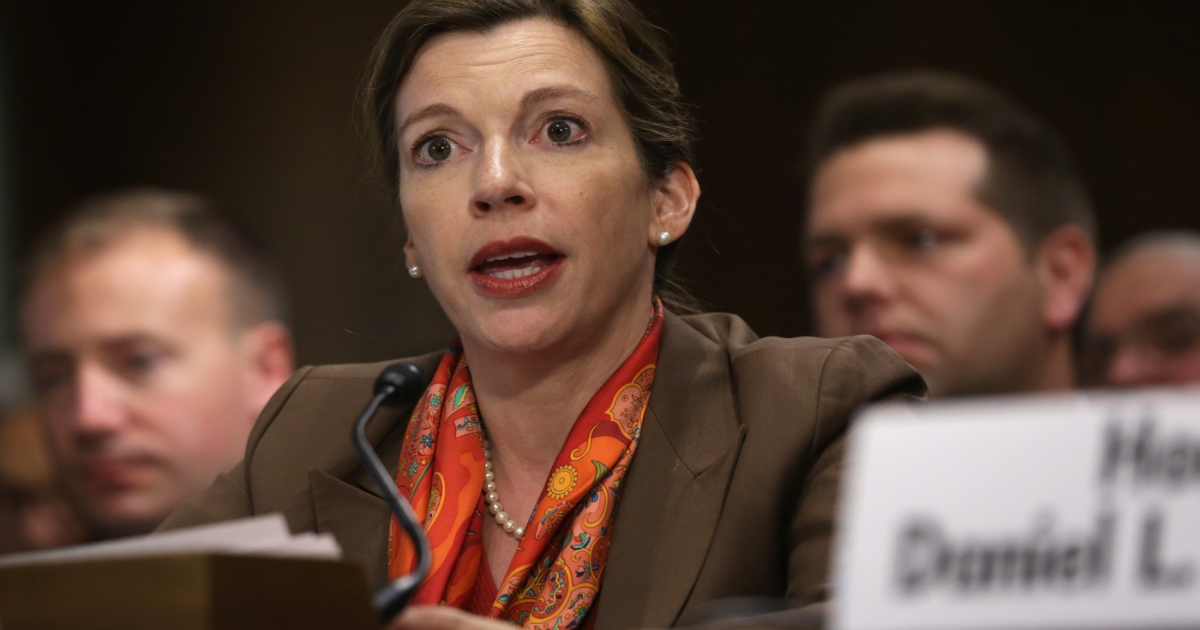
Chaos is mounting at the Pentagon as the Trump administration has fired top military and civilian personnel, deepening concern and distrust among lawmakers and national security insiders.
Former Pentagon spokesman John Ullyot recently resigned and later described the building as “in disarray” in an opinion piece for Politico. Meanwhile, Defense Secretary Pete Hegseth is under scrutiny for reportedly leaking sensitive military information about strikes in Yemen in a second Signal chat on his private phone with his wife, brother and personal lawyer.
Lawmakers are demanding answers, with at least one Republican lawmaker calling for Hegseth to be fired. NPR has learned the White House is exploring options for Hegseth’s replacement, though President Trump has denied that.
“It’s incredibly upsetting,” said Evelyn Farkas, a former Pentagon official and executive director of the McCain Institute, a nonpartisan policy center that is part of Arizona State University. “It appears that the Secretary and other members of the Defense Department staff have not been held to the standards that a normal civilian or military uniform personnel would be held to.”
NPR’s Steve Inskeep spoke with Evelyn Farkas on Morning Edition about the dysfunction inside the Pentagon and why it poses serious risks to national security.
Here are key takeaways from the conversation:
Is this normal?
“No,” says Farkas, who worked under former Defense Secretary Chuck Hagel. She says that appointing someone without Pentagon experience isn’t unusual, but it becomes a serious issue if they don’t retain and empower experienced staff: “You need to make sure that you retain experienced personnel and you empower them so that they make sure that everything’s moving smoothly and according to the law.”
Do you have any reason to doubt that things are not moving smoothly?
Farkas cited extensive New York Times reporting on broader dysfunction within the Pentagon, beyond the Signal use controversy, saying, “It seems like the process inside the secretary’s office is also not functioning properly.”
Does it actually matter that much if there’s chaos in the secretary’s office?
Yes, she says, because the secretary’s office is essential for both executing and responding to presidential orders: “If the secretary’s office is not making decisions, the information has to flow through that office in a regular fashion for the business of the government to continue. And all of the military orders, the things we’ve been talking about, military attacks and also regular personnel actions, have to go through that office, then the secretary reports to the President. So there’s also, of course, taskings coming from the White House that need to be addressed. And it does matter, you know, if you take the people out who are experienced. I understand there is a bureaucracy, and sometimes the bureaucracy takes time. And of course, there have been instances where people resist, but you need experienced people to get things done.”
Did you ever talk about sensitive information on Signal?
Never, she says. “I still would not have talked about it, you know, in any kind of chat app. I wouldn’t have talked about it in my regular Gmail.” She adds that the Pentagon has secure systems clearly designated for such discussions.
How upsetting is this to people who are national security professionals?
Very, and not just because of the breach of norms, but the potential legal implications: “It appears that the Secretary and other members of the Defense Department staff have not been held to the standards that a normal civilian or military uniform personnel would be held to. It looks like they actually broke the law in terms of what they shared on these Signal apps.”
NPR disclosure: Katherine Maher, the CEO of NPR, chairs the board of the Signal Foundation.
